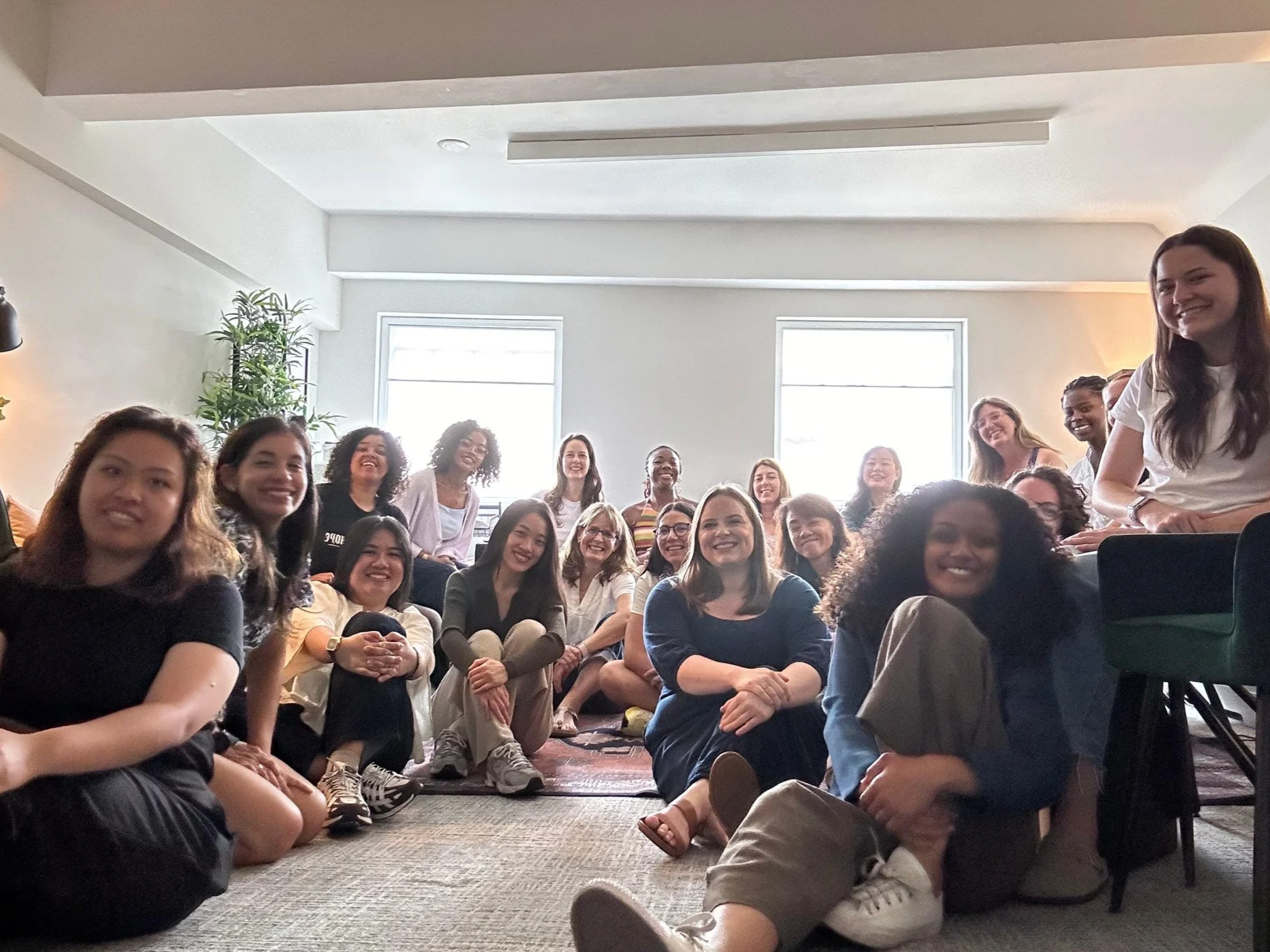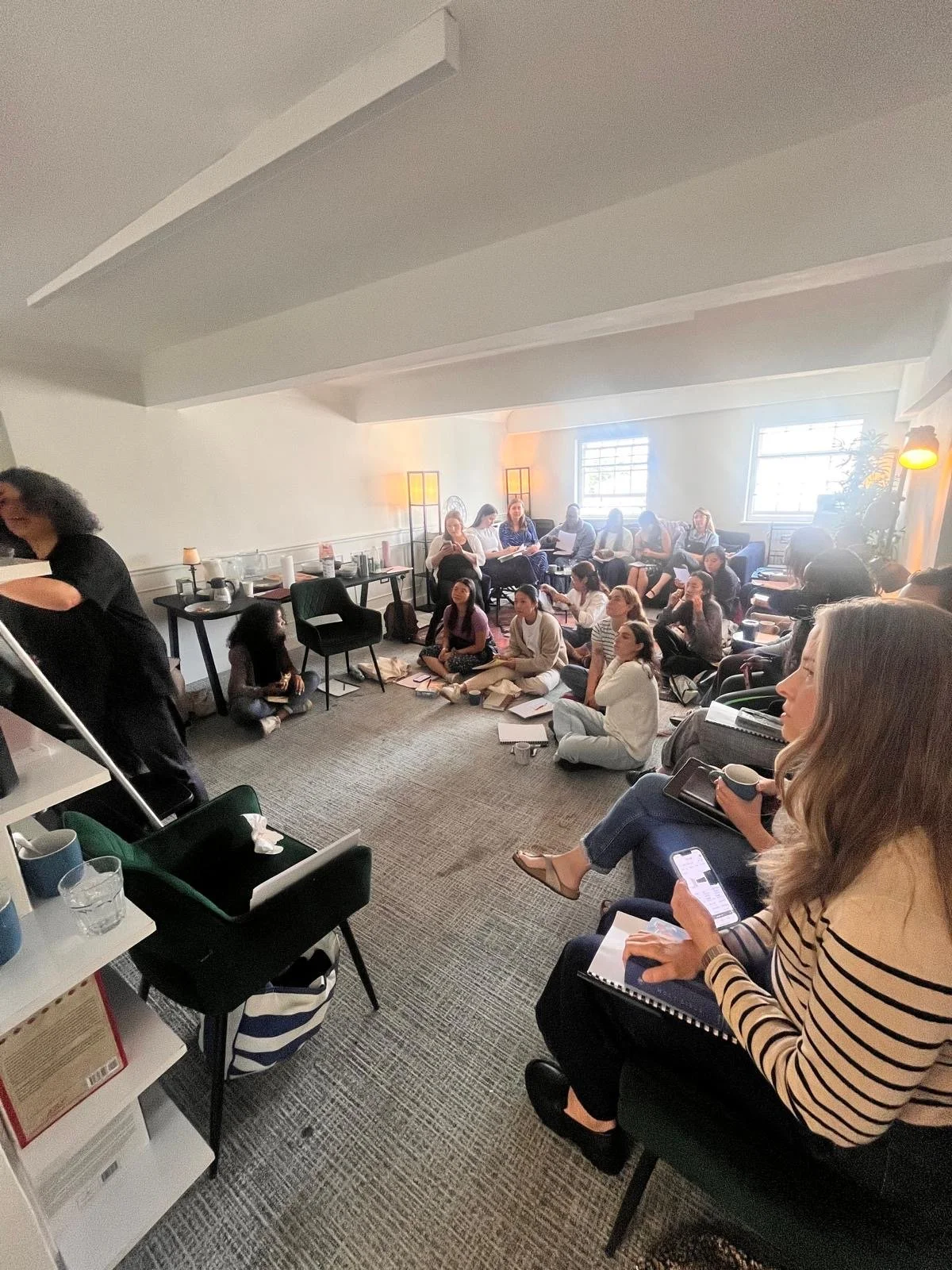It’s hard to imagine December without Christmas. For many, it truly is one of the most wonderful times of the year with all the festive sights, sounds, and scents of the season. A December with no carols playing in the background or lights decorating streets and homes, and where the 25th is just another day, is inconceivable.
I remember my first Christmas in the Middle East. It felt so foreign and disorienting. The familiar traditions of Christmas that make this time of year so special were nowhere to be found. But that first December on the Arabian Gulf was also clarifying. The people in that cultural context don’t need a beautifully decorated tree with twinkling lights, nor neatly wrapped presents underneath. They need to hear of a Saviour wrapped in swaddling cloths lying in a manger.
Christmas is about God’s mission to send His Son to seek and save the lost (Luke 19.10). It is about the good news of great joy that will be for all the people (Luke 2.10) and the true light that has come to those who sit in darkness and in the shadow of death (Luke 1.79). Christmas is ultimately all about God’s mission, which compels us to consider how we may commit our lives to that mission. The reality is that there are two billion people with no access to the gospel who have never heard of the grace of God in Christ that we celebrate this season.
Will you consider the trajectory of your life this Christmas season? Will you hold your dreams and desires for your life open-handed before the Lord? Will you pray bold, gutsy prayers about your future? Will you consider crossing a culture and learning a language to make disciples among a people group where Christmas doesn’t exist?
“God is pursuing with omnipotent passion a worldwide purpose of gathering joyful worshipers for Himself from every tribe and tongue and people and nation…let us bring our affections into line with His, and, for the sake of His name, let us renounce the quest for worldly comforts and join His global purpose.” John Piper
How then will they call on him in whom they have not believed? And how are they to believe in him of whom they have never heard? And how are they to hear without someone preaching? And how are they to preach unless they are sent? As it is written, “How beautiful are the feet of those who preach the good news!” Romans 10.14-15











